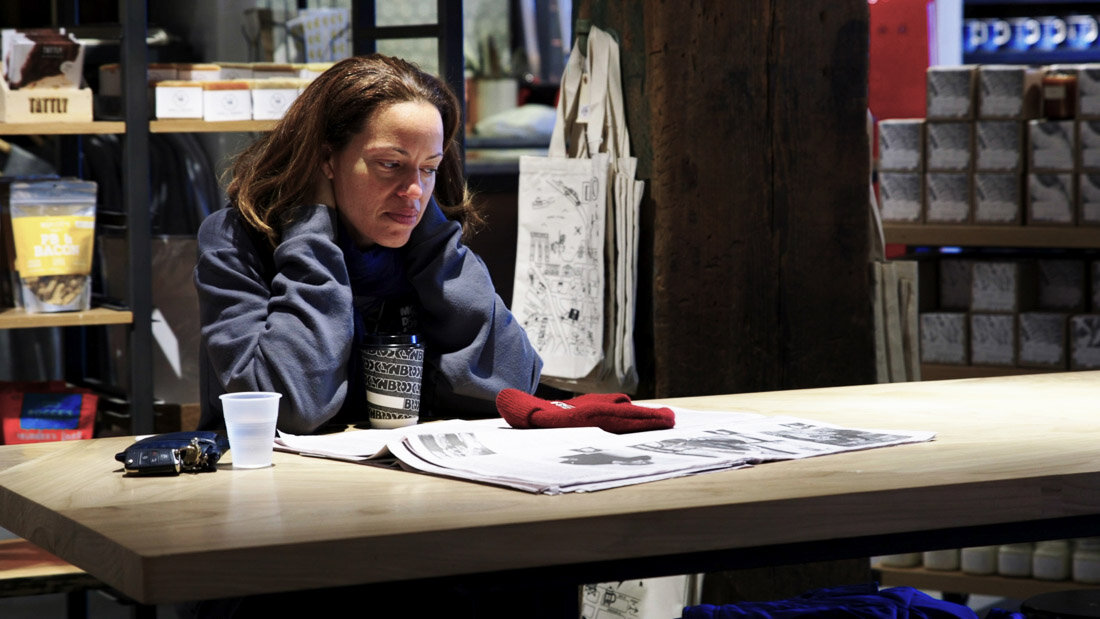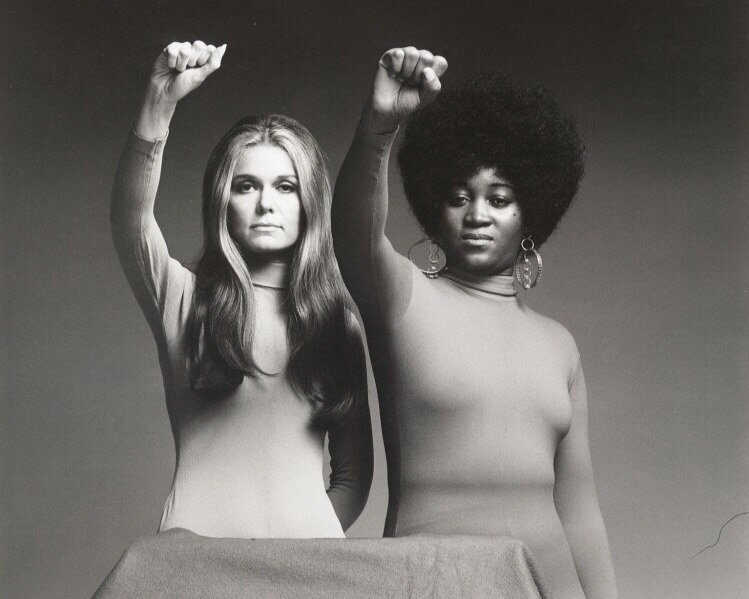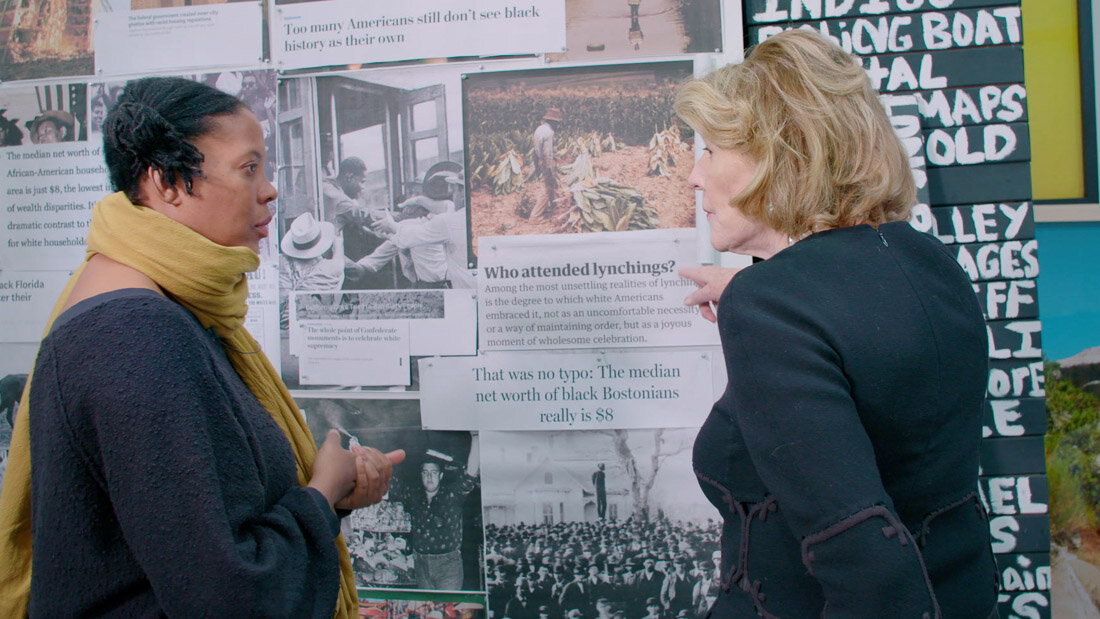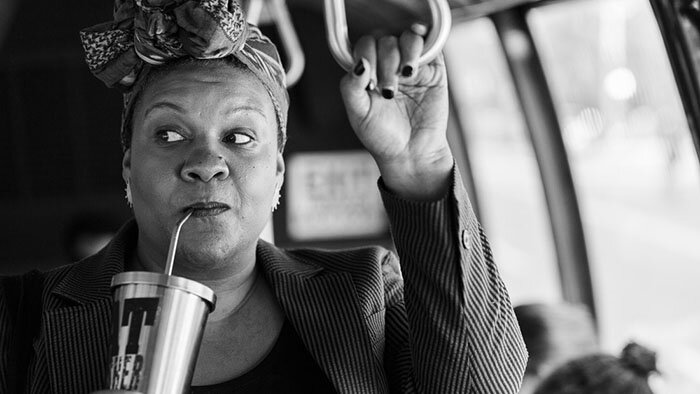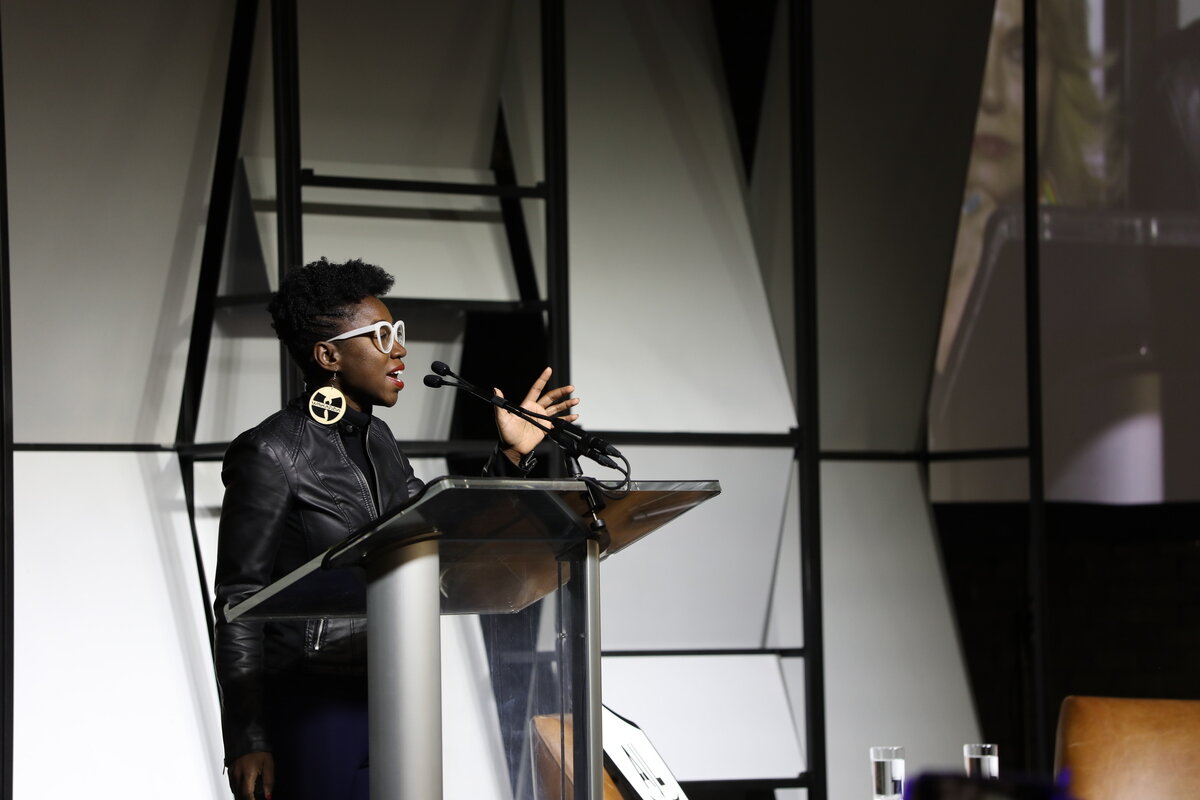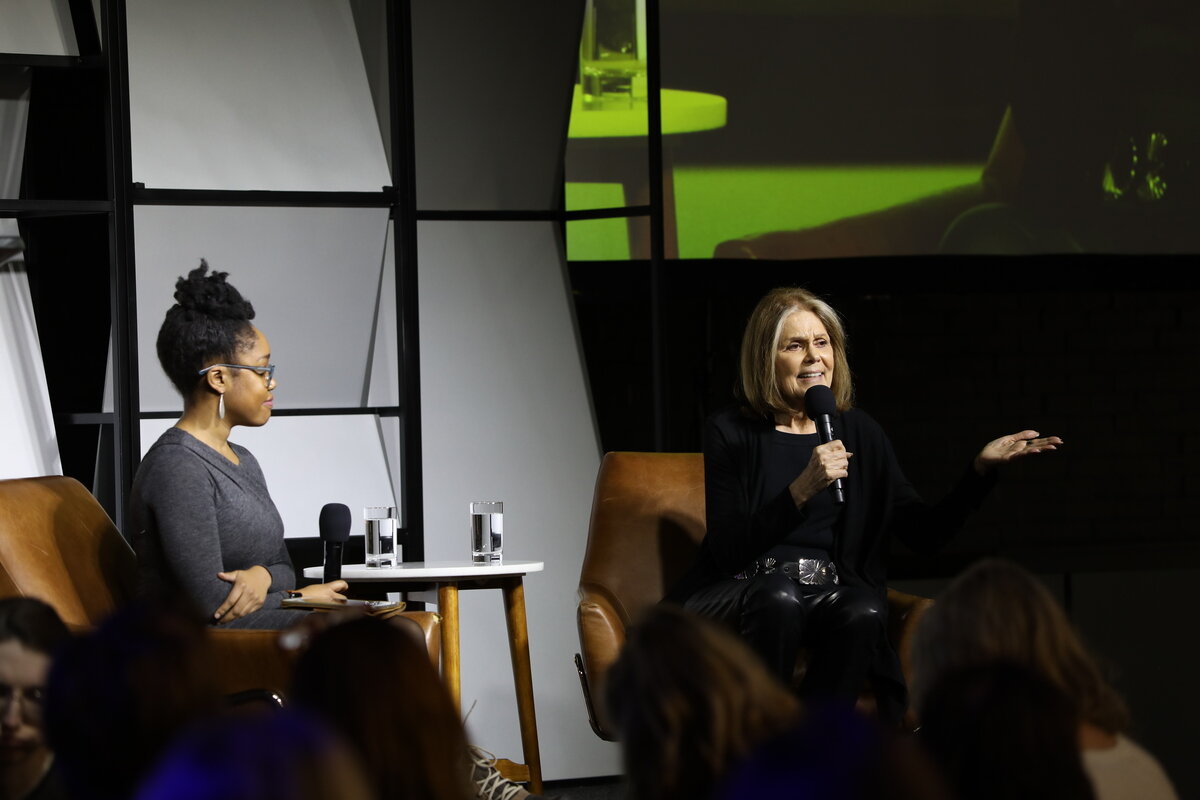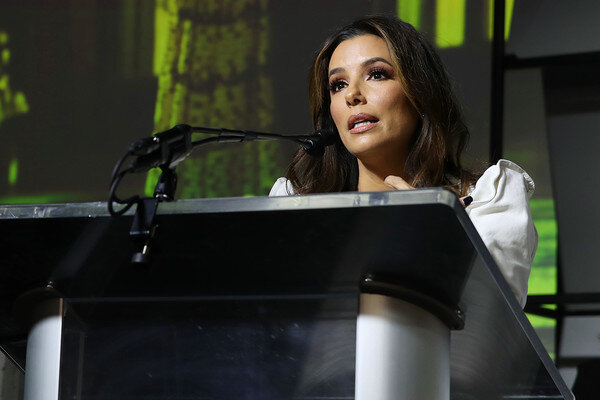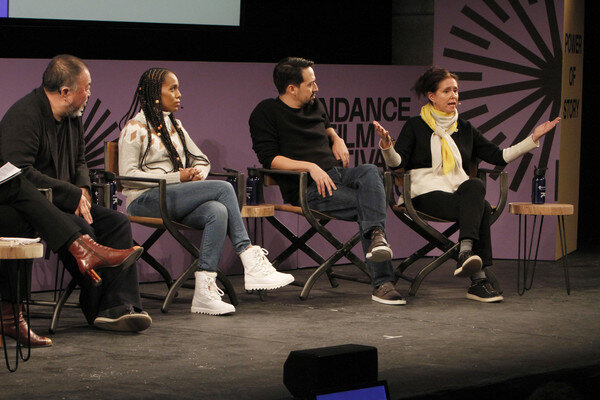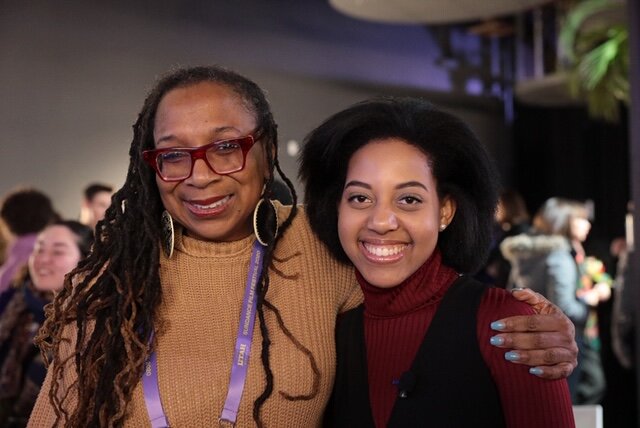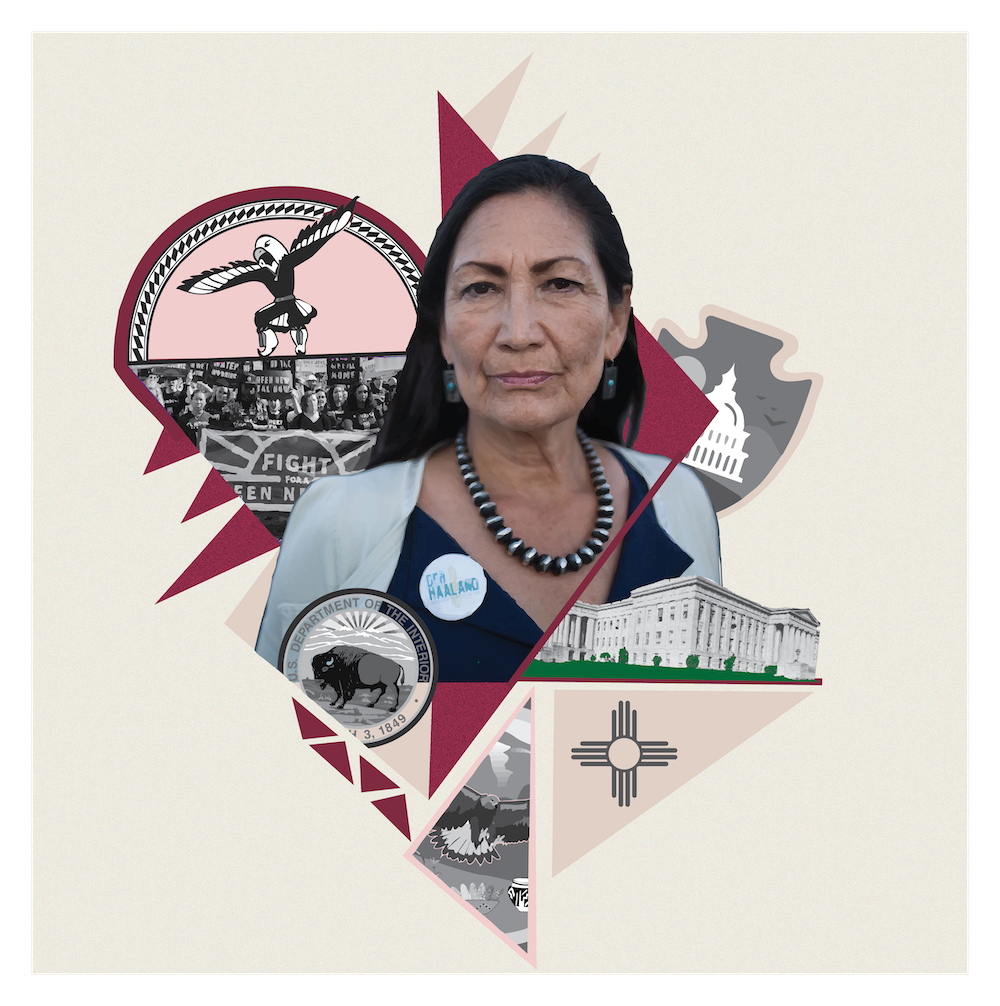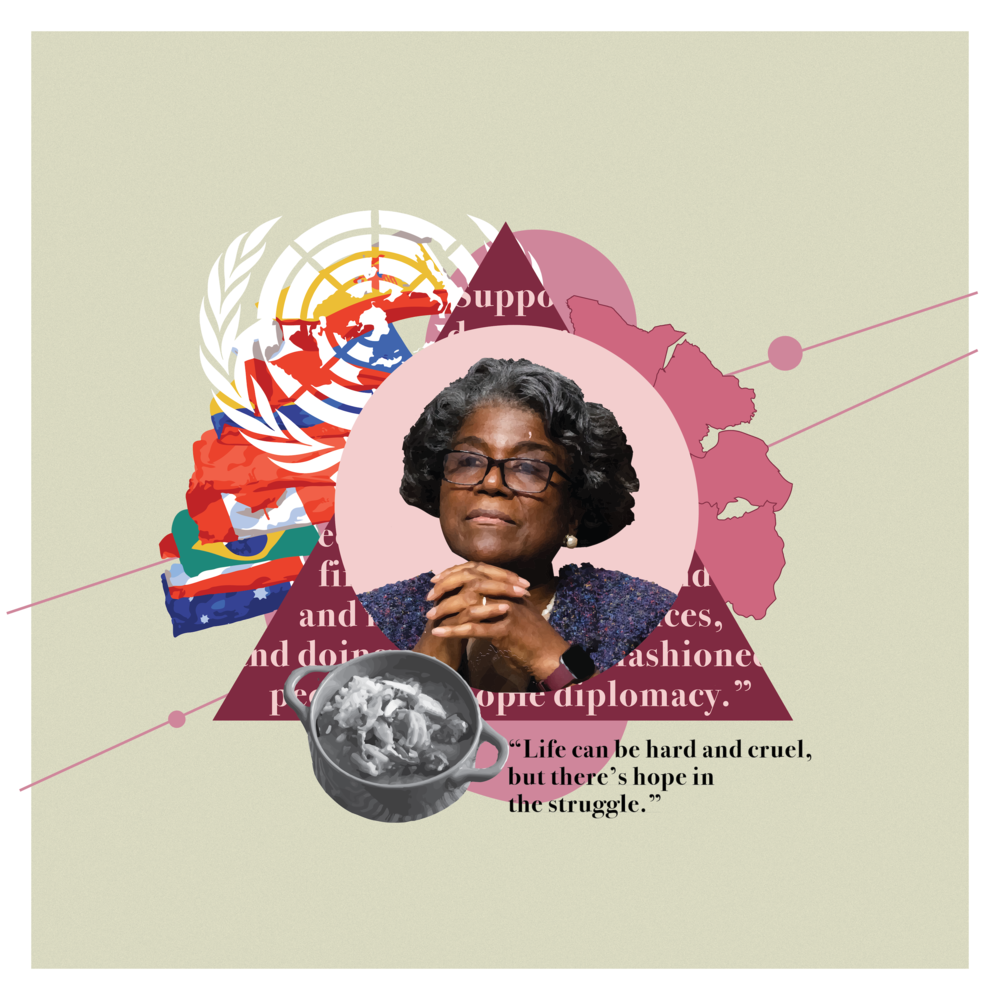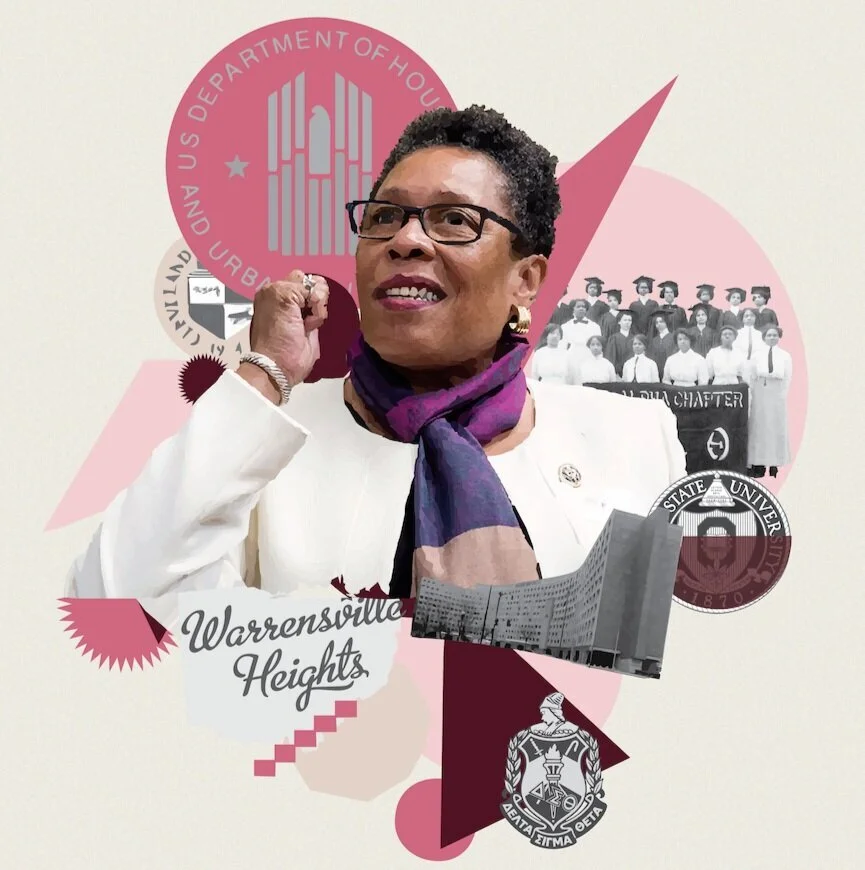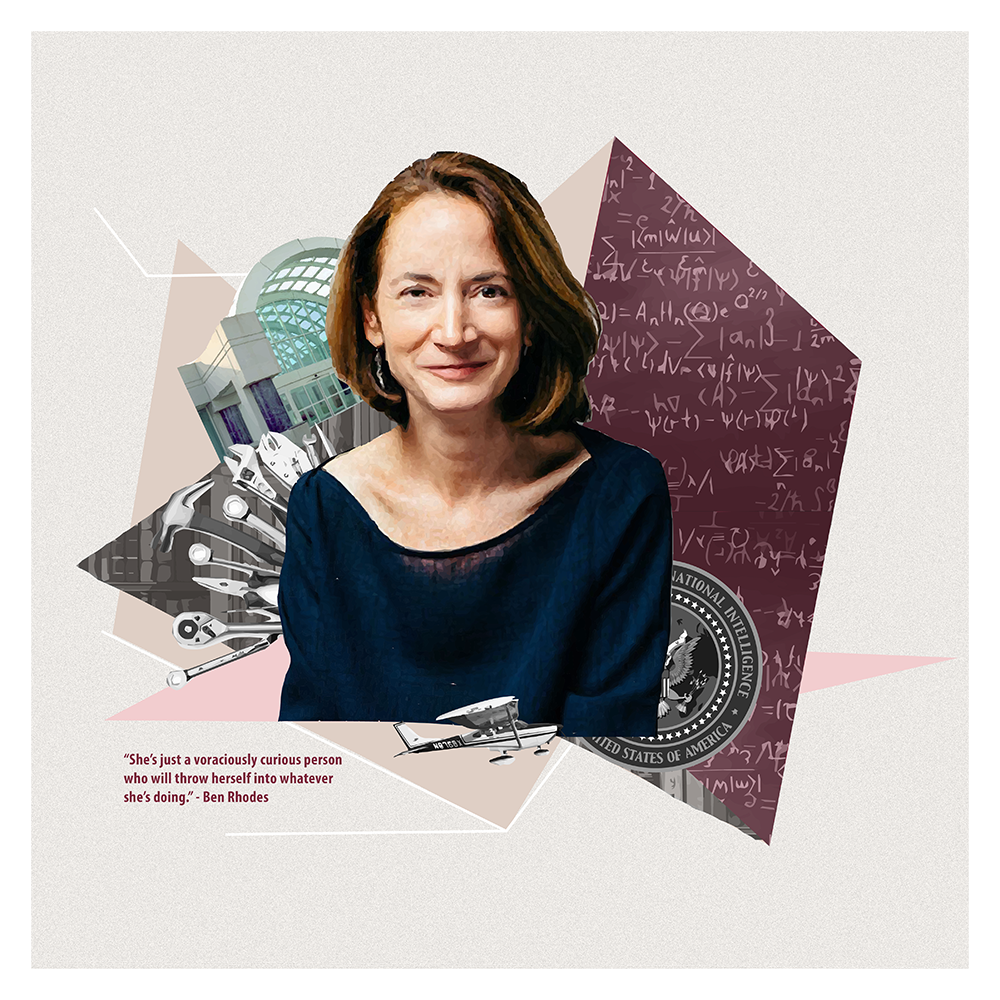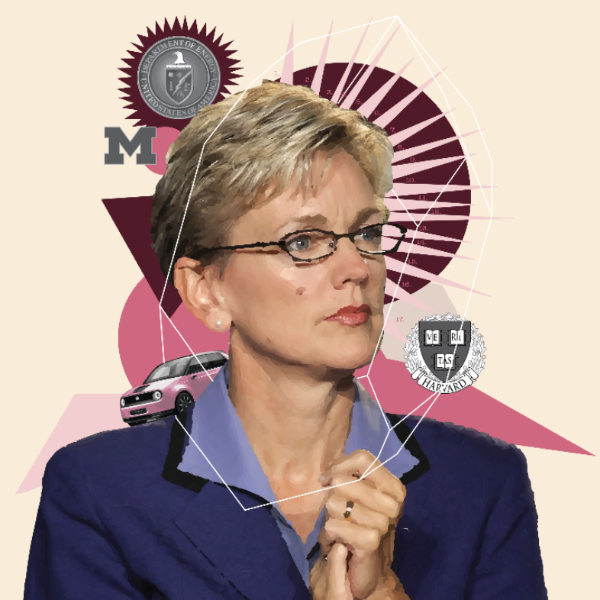“At some events, female filmmakers sometimes seem to have been invited simply to check a box, a practice that, however well-intentioned, inevitably suggests that women are second-class talent. This year’s Sundance, by contrast, underscores that when women receive real opportunities — serious money and institutional support — the pool of work expands, bringing new stories, styles and worldviews.”
In a year in which no women were nominated for best director at the Oscars — the second year in a row, by the way — this year's Sundance Film Festival (SFF) proves that a true commitment to diversity, in terms of not just gender, but also race, religion, socio-economics and geography, gives rise to art that dazzles, provokes and inspires.
As Peter Debruge noted in Variety, SFF "outdid itself this year, filling out one of its strongest lineups in memory with a diversity of voices, approaches and characters. ..."
"If pressed to find a theme that encompasses 100-plus new features at this year’s gathering, the festival seems to have been all about 'promising young women,' both on screen and behind the camera."
Tabitha Jackson is the new director of the Sundance Film Festival.
As many of you know, I chair the Sundance Institute Board, and I am proud of the work of festival programmers who independently and with no influence from the board or any other outside factors, view the more than 15,000 films submitted and choose the 138 best of US documentaries and features, world cinema and New Frontier projects for exhibition during the 10 days of screenings in Park City, Salt Lake City, Provo and Sundance resort.
This year's festival reflected the strategic focus on making all of Sundance Institute’s programs — from labs for screenwriters, directors and producers to the festival — more inclusive. This year, SFF almost achieved parity with 46 percent women-directed or co-directed films. Thirty-eight percent of the competition film directors were people of color and 12 percent LGBTQ+. The U.S. Documentary Competition’s directors included 45 percent women, 23 percent people of color and 23 percent LGBTQ+.
For this posting, I want to reflect on a couple of important films that strongly resonated with me. “On the Record,” a documentary directed by Kirby Dick and Amy Ziering and produced by Impact Partners and Jane Doe Films, follows music executive Drew Dixon and other survivors of sexual assault as they grapple with the decision to break the silence about a big name record mogul and get past the many barriers to speaking their truth. There were some well publicized attempts to suppress the film, but gratefully, HBOMax purchased the rights and these important stories will be seen and believed. Hearing from the survivors about their journey to this moment of public revelation and validation was one of the festival’s most powerful moments.
Seeing “The Glorias” will be, for at least one and maybe two generations of women, revelatory and inspiring as this feature film biopic documents the life and work of Gloria Steinem, who at 85, continues to be among the most recognized, honored and hard working leaders of the feminist movement. For those of us who were on the frontlines of this movement with her and other leaders (which the film also, happily, includes and celebrates) during the '70s, '80s, '90s and even now, much of the film recounts shared experiences, with some important successes and remaining frustrations about the slow pace towards true equality — anywhere.
Director Julie Taymor conceived "The Glorias" as a road trip through the memories recounted in Gloria's 2015 biography, "My Life on the Road," with four actresses playing Gloria at different ages. Some of the young friends I watched the movie with didn’t know there was a National Woman’s Convention in Houston in 1977 that urged ratification of the Equal Rights Amendment (passed by Congress in 1972 but not ratified by the 38 states required by the Constitution before the deadline). Last month (finally!), Virginia became that 38th state and there is renewed energy behind the Amendment. Read about the current status of this important fight and how to get involved at ERA Coalition.
Gloria was present for the Sundance screening and was honored with several standing ovations. She expressed her gratitude to the women — especially women of color — who were and are the leaders of the movements in this country to end sexism and racism.
Another true icon of thought leadership in the art and philanthropic world, Aggie Gund, is the subject of a documentary directed by her daughter, Catherine Gund. The film is a compelling look at how Agnes (“Aggie") used her wealth to encourage others to see the connection between art and social justice and documents the founding of her nonprofit initiative — the Art for Justice Fund. Many examples of the work Aggie has collected (launching the careers of many formerly incarcerated women and men) is traveling the country and currently can be seen at the Modern West Gallery in Salt Lake City.
Sundance Women: (l-r) Pat Mitchell, Aisha Harris, Shaandin Tome, Callie Holley, Hillary Clinton, Eva Longoria, Gloria Steinem, Keri Putnam and Amy Emmerich
Every year, one of the most inspiring and spirit-raising events is the annual Women in Sundance Celebration — a wonderful gathering of the women artists who directed, wrote, produced, acted in and were the subjects of festival films. This year, more than 1,400 women came together and the energy in the room was electric, as we reflected on our progress toward gender parity in media, celebrated the enormous talent in the room, and committed to continue our collective work towards even greater inclusion and representation of women’s voices, ideas and stories.
The lineup of speakers included Radha Blank who won the U.S. directing award for her first feature, “The 40 Year Old Version,” Dr. Joy Buolamwini who demonstrated the gender and racial bias of AI, and Eva Longoria with a personal and emotional call for community — and ended with a conversation between Gloria Steinem ("The Glorias") and New York Times Editor Aisha Harris. The final speaker, Hillary Rodham Clinton, was at Sundance to support Nanette Burstein's comprehensive documentary series, entitled "Hillary," that premieres on Hulu in March.
Hillary addressed the extraordinary cultural moment in which we find ourselves and observed that "there is nothing more important than telling stories that not only lift up and describe the diverse extraordinary lives that Sundance filmmakers represent and are introducing the rest of us to, but to recognize that what you are doing is so fundamentally political at this moment."
"We need you now more than ever. The diversity you represent is one of our strongest assets in trying to take back the story that we should be telling ourselves and our children and our grandchildren, in not only who we are but who we want to be in the future that we imagine."
Women swept all four directing awards at Sundance.
The Directing Award: U.S. Documentary went to Garrett Bradley for “Time,” a portrait of a Louisiana woman fighting for the release of her incarcerated husband filmed over two decades.
The Directing Award: U.S. Dramatic went to Radha Blank for her directorial debut, “The 40-Year-Old Version,” that she also wrote and starred in.
The Directing Award: World Cinema Documentary went to Iryna Tsilyk for “The Earth Is Blue as an Orange,” a look inside a family’s experience living in a war zone in Ukraine.
And the Directing Award: World Cinema Dramatic went to Maïmouna Doucouré for “Cuties,” the story of an 11-year-old girl from a dysfunctional family who joins a group of dancers.
Of the 28 prizes awarded to 25 films this year – comprising the work of 29 filmmakers – 12 (48%) were directed by one or more women; 10 (40%) were directed by one or more people of color; and 2 (8%) were directed by a person who identifies as LGBTQ+.
The awards ceremony ended with longtime festival curator, John Cooper, passing the baton to Tabitha Jackson, current Documentary Program director at the Sundance Institute, who will now be festival director. I am grateful for John's 11 years of leadership and vision, and thrilled for Tabitha, who makes history as the first woman and person of color to helm the festival!
“Imagining the Future” was the theme of SFF2020 and with so many powerful panels, forums, programs and a remarkable lineup of stories on-screen to inspire, illuminate, document and motivate, I left SFF imagining a future informed by the stories that Sundance storytellers shared. In coming months, I will be sharing more film recommendations with you as this independent work goes into distribution around the country and on streaming services.
Onward!
— Pat

